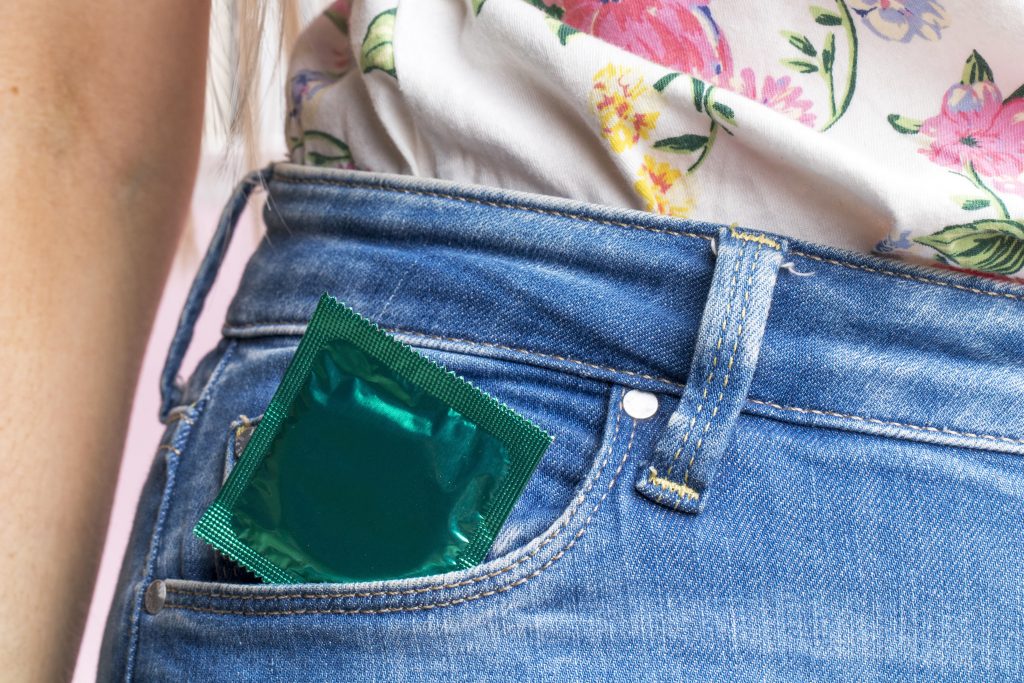Condoms are one of the most reliable methods of protection against sexually transmitted infections (STIs) and unplanned pregnancies. However, their effectiveness depends not just on proper use but also on how they are stored. In this guide, we explore the essentials of storing condoms correctly in the Philippines, common mistakes to avoid, and practical tips to ensure they remain safe, durable, and ready when you need them.
Key Takeaways
- Proper storage of condoms is essential for effectiveness and safety.
- Avoid exposure to extreme temperatures, sunlight, and moisture to prevent degradation.
- Do not compress or store condoms in wallets or tight pockets to prevent tears.
Keeping Condoms Safe and Effective
Condoms are one of the most accessible and reliable methods of contraception, offering protection against unplanned pregnancies and sexually transmitted infections (STIs). However, even the best condoms can fail if stored incorrectly. Understanding how to store condoms properly ensures they remain safe, effective, and ready to use.
Why Proper Storage Matters?
Condoms are made from materials like latex, polyurethane, and lambskin, each of which can degrade under unfavorable conditions. Exposure to heat, light, moisture, or repeated compression can weaken the material, increasing the risk of breakage.
Guidelines for Storing Condoms Correctly
1. Light and Temperature: Keep Them Cool and Shaded
The best storage spot for condoms is a cool, dark, and stable environment. Avoid direct sunlight, heaters, or cars exposed to heat, as high temperatures can damage latex and other materials.
Tip: A bedroom drawer or closet shelf works better than pockets, bags, or cars.
2. Environment: Dry and Safe
Moisture and humidity can degrade condoms over time. Always store condoms in dry areas away from water or damp surfaces. Avoid bathrooms if they experience fluctuating heat and humidity, which can reduce condom integrity.
3. Pressure: Avoid Compression
Never store condoms in wallets, tight pockets, or anywhere they may be squashed repeatedly. Constant pressure can create micro-tears in the material, increasing the chance of breakage during use. Instead, use a small box or container to keep them safe in your bag or drawer.
4. Recognize a Compromised Condom
Check condoms regularly for signs of damage. Discard any condom that:
-
Feels brittle, sticky, or unusually stiff
-
Shows discoloration, cracks, or tears
-
Is past its expiration date
Using an expired or compromised condom significantly reduces effectiveness and increases the risk of pregnancy or STI transmission.
Common Condom Storage Mistakes
There are many myths surrounding condom storage. For instance, some people in the Philippines stash their condoms in freezers thinking it extends their shelf life. This is a myth and can damage the material. Ensure you’re storing them in a way that aligns with manufacturer guidelines, keeping them away from elements that could cause harm.
Tips for Buying and Storing Condoms
Condoms are readily available across the Philippines, from pharmacies to supermarkets and online platforms. They are an affordable option compared to other methods of contraception, and if you plan to use them frequently, consider buying in bulk—but only as much as you can store properly.
Conclusion
Proper storage is as important as proper use when it comes to condoms. By keeping them in a cool, dry, and safe place and avoiding unnecessary pressure or sunlight, you can ensure your condoms perform as intended. This simple habit protects both your health and that of your partner, preventing unintended pregnancies and STIs.








